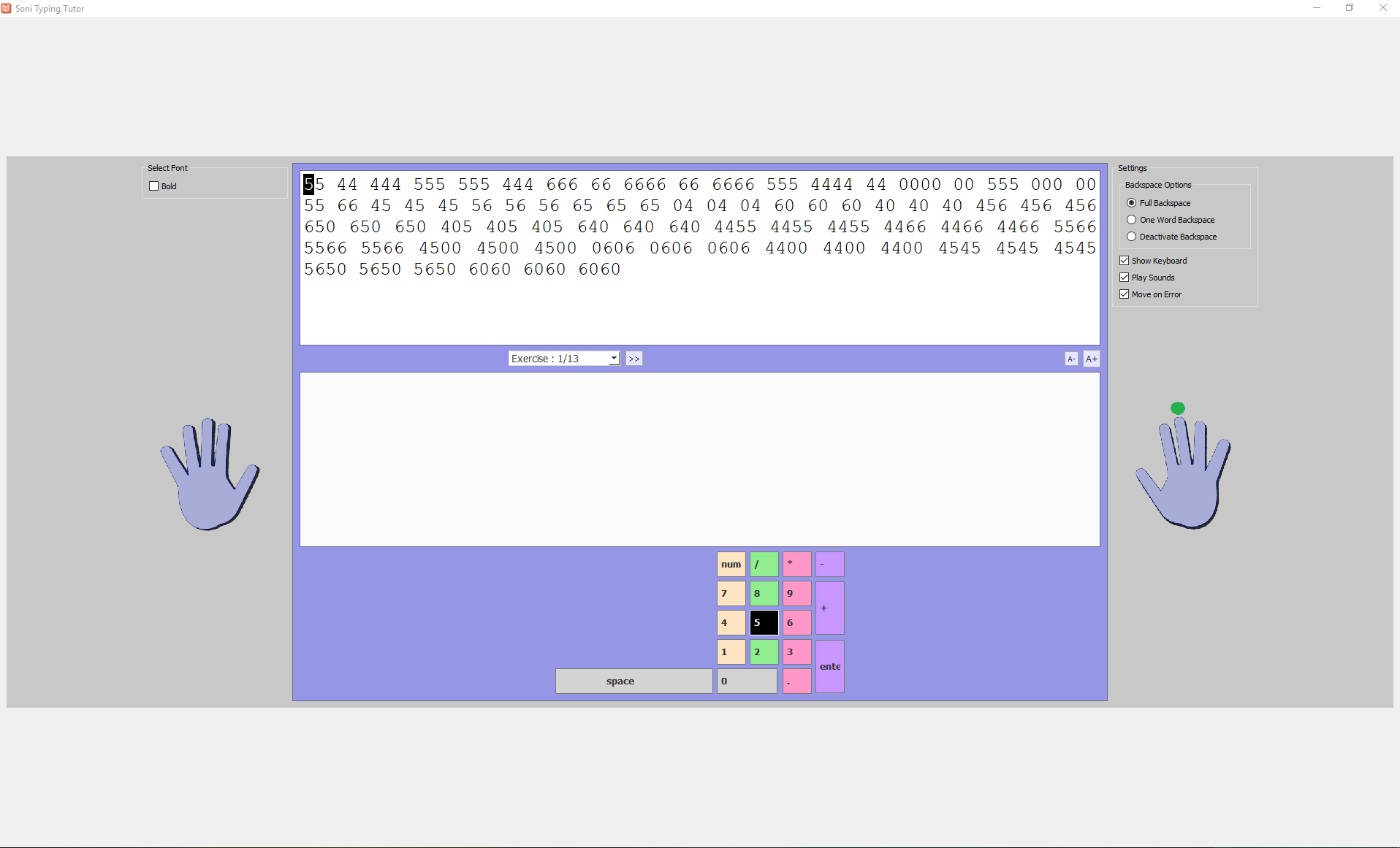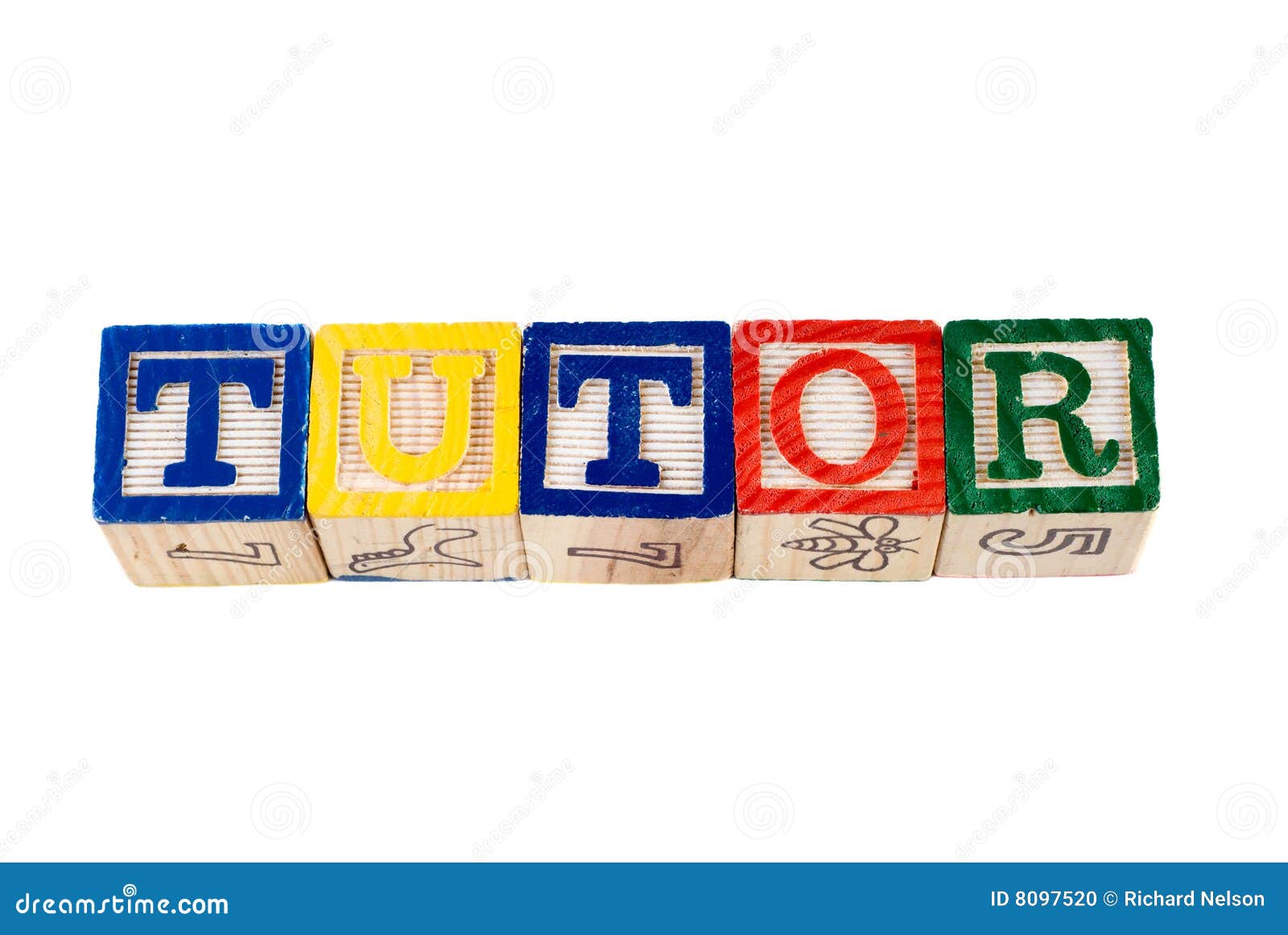Tutor 8 letters – Tutoring, an indispensable educational tool, has emerged as a transformative force in the academic landscape. This comprehensive guide delves into the multifaceted world of tutoring, exploring its definition, methods, benefits, challenges, resources, and ethical considerations. Join us as we unlock the secrets of effective tutoring and empower students to achieve their full potential.
Tutoring encompasses a wide range of services, from one-on-one instruction to group sessions and online support. It plays a pivotal role in addressing individual student needs, fostering academic growth, and nurturing a lifelong love of learning.
Tutor Definition and Role
:max_bytes(150000):strip_icc()/KamalaApplicant-6d336d7369af42fc866334b73603df32.jpg)
A tutor is an individual who provides personalized guidance and support to students in their academic endeavors. They assist learners in understanding complex concepts, improving their study skills, and developing critical thinking abilities.
The primary responsibilities of a tutor include:
- Assessing students’ strengths and weaknesses
- Developing individualized learning plans
- Monitoring students’ progress and providing feedback
- Motivating and encouraging students
li>Providing tailored instruction and support
Types of Tutors
There are various types of tutors specializing in different areas of expertise, including:
- Academic Tutors:Assist students with specific subjects such as math, science, English, and history.
- Test Preparation Tutors:Help students prepare for standardized tests like the SAT, ACT, or GRE.
- Skill-Based Tutors:Provide instruction in non-academic areas such as music, art, or computer programming.
- Special Education Tutors:Support students with learning disabilities or developmental delays.
Tutoring Methods and Techniques

Tutoring encompasses a range of methods and techniques tailored to meet the diverse needs of students. The choice of approach depends on factors such as the subject matter, the student’s learning style, and the availability of resources.
Tutoring methods can be broadly categorized into three main types:
One-on-One Tutoring
- Personalized instruction tailored to the specific needs and learning pace of an individual student.
- Allows for a highly focused and interactive learning environment.
- Suitable for students who require individualized attention or support in specific areas.
Group Tutoring
- Involves a small group of students working with a tutor.
- Promotes collaboration, peer learning, and the sharing of ideas.
- Cost-effective option for students who do not require intensive individualized support.
Online Tutoring
- Utilizes technology to provide remote tutoring services.
- Offers flexibility and convenience, allowing students to access tutoring from anywhere with an internet connection.
- Suitable for students who have difficulty attending in-person tutoring sessions or who live in remote areas.
Effective tutoring techniques include:
- Active Listening:Paying undivided attention to the student’s questions and concerns.
- Questioning:Engaging students in critical thinking and problem-solving by asking probing questions.
- Feedback:Providing constructive and timely feedback to help students identify areas for improvement and reinforce positive behaviors.
- Tailoring Approaches:Adapting tutoring strategies to suit the unique learning needs, strengths, and weaknesses of each student.
Tutoring Benefits

Tutoring offers numerous advantages that extend beyond academic improvement. It provides a personalized learning experience tailored to the individual student’s needs, fostering academic and personal growth.
Academic Benefits
- Improved Grades:Tutors can help students understand complex concepts, improve their study skills, and develop effective test-taking strategies, leading to higher grades.
- Enhanced Subject Understanding:Through one-on-one or small group sessions, tutors provide focused instruction and address specific areas where students struggle, deepening their comprehension of the subject matter.
Non-Academic Benefits
- Increased Confidence:Tutoring builds students’ confidence by providing a supportive and encouraging environment where they can ask questions and receive individualized attention, fostering a sense of accomplishment.
- Improved Motivation:Tutors can help students identify their strengths and weaknesses, set realistic goals, and develop a positive attitude towards learning, enhancing their motivation and enthusiasm for academic pursuits.
Case Study
A recent study conducted by the National Tutoring Association found that students who received tutoring for one hour per week over a semester improved their grades by an average of 0.5 points on a 4.0 scale. Additionally, students reported increased confidence and motivation, leading to a more positive overall learning experience.
Tutoring Challenges and Solutions
Tutoring, while a rewarding experience, is not without its challenges. Tutors may encounter various difficulties, ranging from student resistance to learning disabilities. It is crucial to acknowledge these challenges and develop effective strategies to overcome them.One common challenge is student resistance.
Students may exhibit reluctance to engage in tutoring sessions, due to factors such as anxiety, low self-esteem, or negative past experiences. To address this, tutors can employ empathetic communication, create a non-judgmental and supportive environment, and tailor their approach to the student’s individual needs.Learning
difficulties pose another significant challenge. Students with learning disabilities may require specialized instruction and support. Tutors can enhance their effectiveness by understanding the specific challenges faced by students with learning disabilities and employing appropriate teaching methods and accommodations.Ongoing professional development is essential for tutors to stay abreast of best practices and enhance their skills.
Attending workshops, engaging in peer collaboration, and pursuing further education can help tutors refine their teaching strategies and better support their students.
Tutoring Resources and Support
Finding reliable tutoring services and support is crucial for effective learning. Numerous organizations offer tutoring assistance, ranging from academic support to specialized subject-matter expertise. Additionally, tutors can access online communities and training programs to enhance their skills and knowledge.
Reputable Tutoring Organizations
| Organization | Website |
|---|---|
| Khan Academy | https://www.khanacademy.org/ |
| Varsity Tutors | https://www.varsitytutors.com/ |
| Wyzant | https://www.wyzant.com/ |
Resources for Tutors
Tutors can benefit from online communities such as the National Tutoring Association (NTA) and the International Tutoring Association (ITA), which provide professional development opportunities and networking. Training programs are also available to enhance tutoring skills, such as those offered by the College Reading and Learning Association (CRLA).
Technology in Tutoring
Technology has revolutionized tutoring, making it more accessible and effective. Online tutoring platforms allow students to connect with tutors from anywhere, while virtual whiteboards and interactive tools facilitate collaboration and engagement. Additionally, artificial intelligence (AI) is being used to personalize learning experiences and provide real-time feedback.
Tutoring Ethics and Best Practices
Tutoring ethics and best practices provide a framework for tutors to conduct themselves professionally and ethically. They ensure that students receive quality tutoring services while safeguarding their well-being and academic integrity.
Confidentiality is paramount in tutoring. Tutors must maintain the privacy of student information, including academic performance, personal issues, and any sensitive information disclosed during sessions.
Professionalism, Tutor 8 letters
Tutors should maintain a professional demeanor, dress appropriately, and arrive punctually for sessions. They should avoid engaging in personal conversations or using offensive language. Tutors should also be mindful of their body language and tone of voice to create a respectful and comfortable learning environment.
Cultural Sensitivity
Tutors should be culturally sensitive and respectful of students’ backgrounds, beliefs, and values. They should avoid making assumptions or judgments based on stereotypes and should adapt their tutoring approach to meet the individual needs of each student.
Positive and Productive Environment
Tutors should foster a positive and productive learning environment by establishing clear expectations, providing constructive feedback, and encouraging student participation. They should create a safe space where students feel comfortable asking questions and making mistakes.
Respecting Student Boundaries
Tutors must respect student boundaries and avoid any inappropriate behavior. They should not engage in physical contact or make personal advances towards students. Tutors should also be aware of their own biases and avoid imposing their personal beliefs or values on students.
Promoting Academic Integrity
Tutors should promote academic integrity by encouraging students to complete their own work and avoid plagiarism. They should not provide direct answers or write assignments for students but instead guide them towards understanding the concepts and developing their own skills.
Concluding Remarks

Tutoring is not merely a supplementary service but an integral part of the educational ecosystem. It empowers students to overcome challenges, cultivate critical thinking skills, and develop a deep understanding of subject matter. As we continue to embrace the transformative power of tutoring, we unlock a world of possibilities for students to excel and reach their full potential.
General Inquiries: Tutor 8 Letters
What are the benefits of tutoring?
Tutoring offers a myriad of benefits, including improved grades, enhanced subject understanding, increased confidence, and improved motivation.
How can I find a tutor?
There are many ways to find a tutor, including through schools, universities, community centers, and online platforms.
What are the qualities of an effective tutor?
Effective tutors are patient, knowledgeable, and able to tailor their approach to the individual needs of their students.